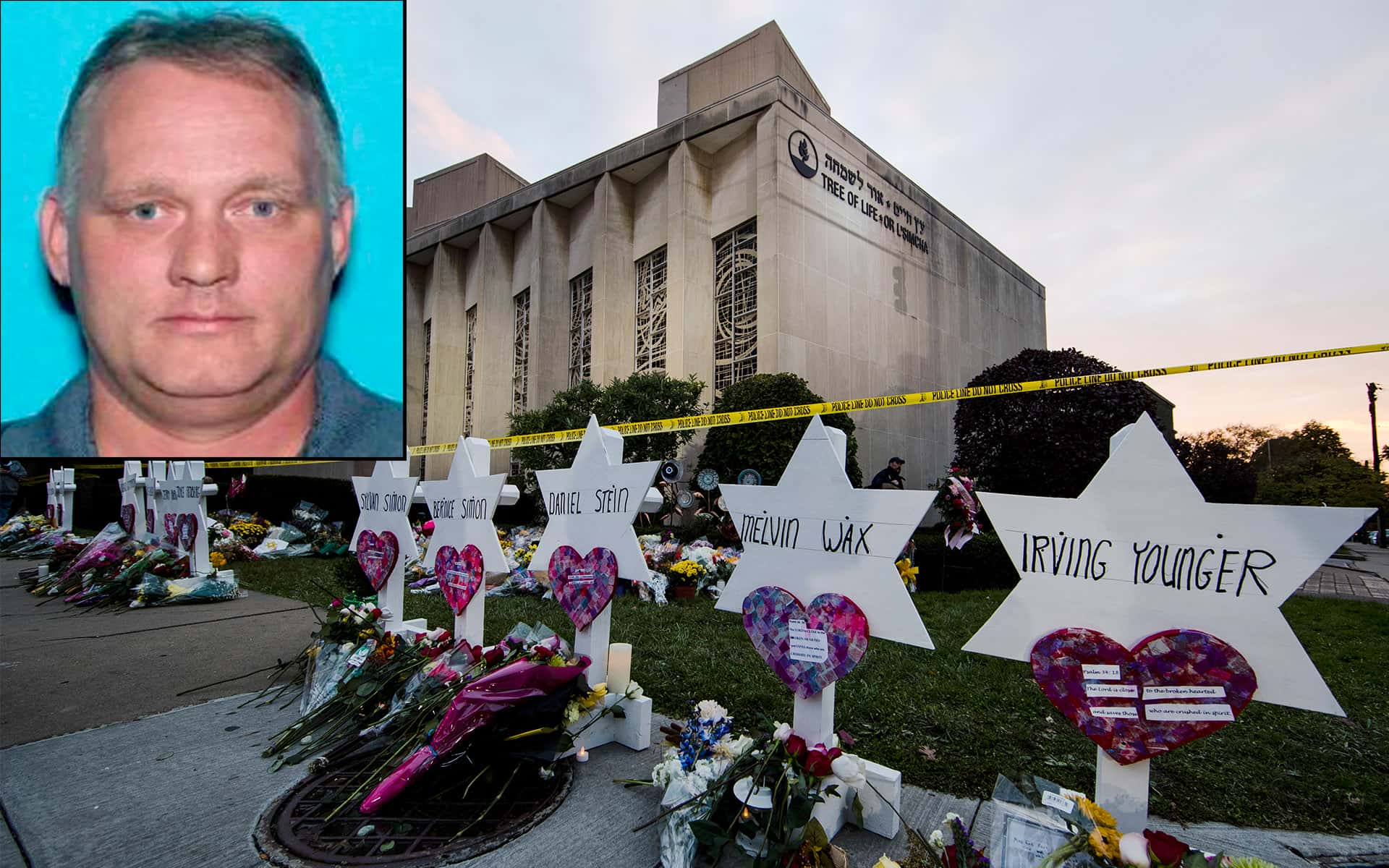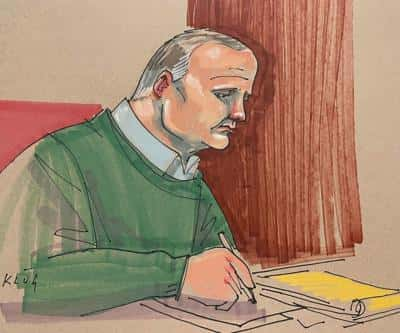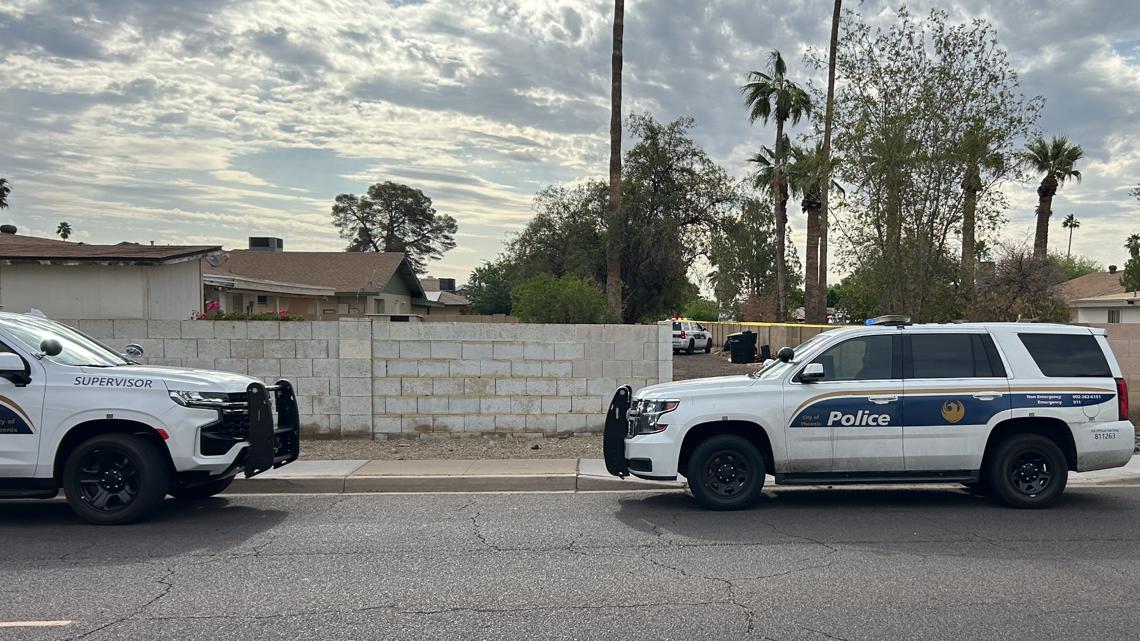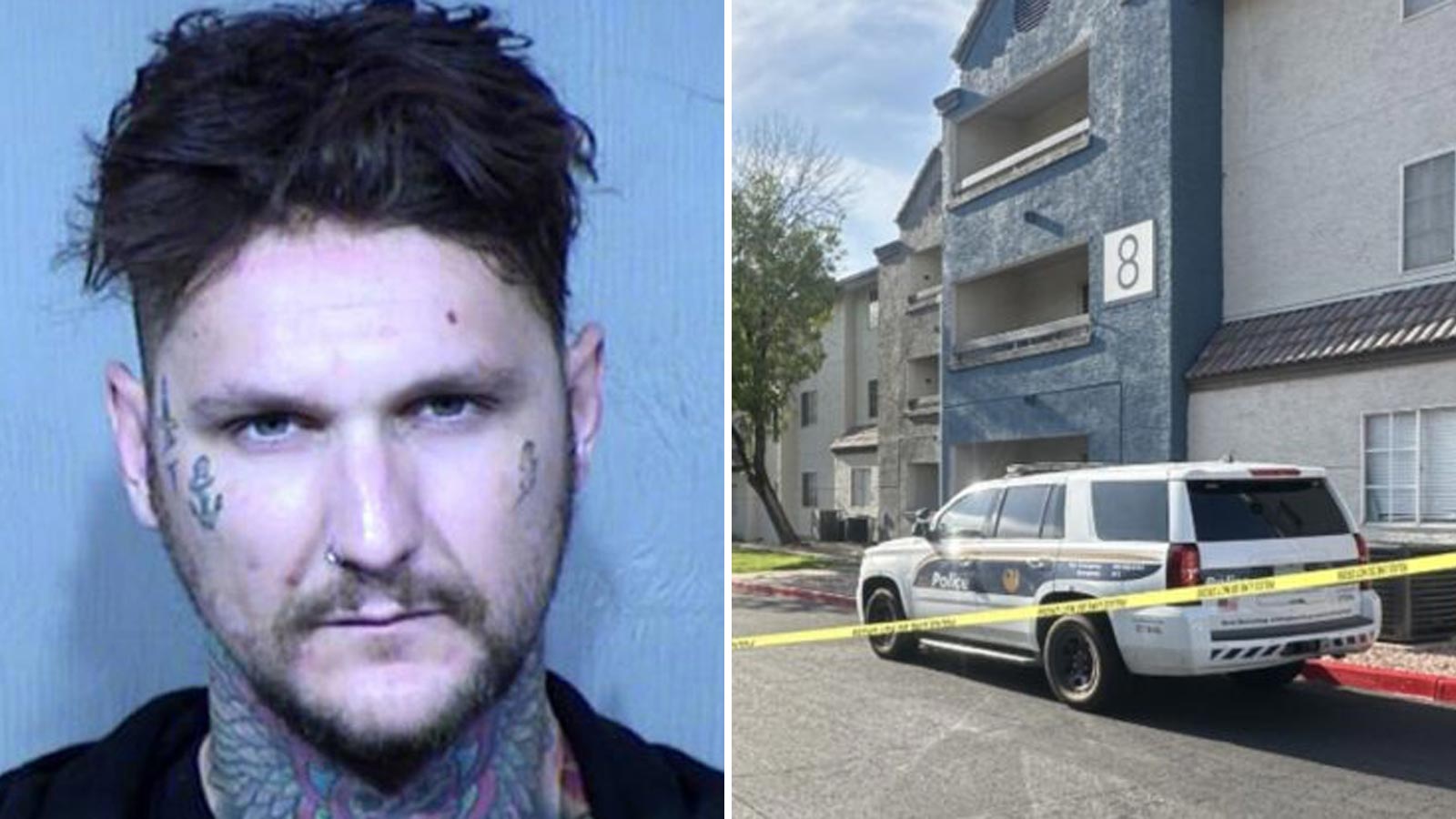On Wednesday, a federal jury unanimously sentenced to death Robert Bowers, the gunman who killed 11 worshippers and injured six others at a Pittsburgh synagogue in 2018 in the deadliest-ever attack on Jewish people in the United States.
It is the first federal death penalty imposed by the Biden administration, which has suspended executions.

The decision to execute the gunman has to be unanimous. Otherwise, Robert Bowers would have received a life sentence without parole.
Audrey Glickman, who was leading a service at the time of the shooting, told CNN’s Danny Freeman that what the perpetrator did was “evil.”
Glickman described Robert Bowers’ imprisonment as a “finality” to a five-year story that began with the shooting.
Over the course of two days, jurors deliberated for slightly over ten hours. They asked the court two questions: one to inspect the guns used in the massacre, and another to obtain a copy of documents in evidence concerning the gunman’s family history.
The death penalty brings an end to a saga that began on October 27, 2018, when Robert Bowers stormed the Tree of Life synagogue and opened fire with an AR-15-style rifle. At the time, the synagogue hosted three congregations for weekly Shabbat services: Tree of Life, Dor Hadash, and New Light.
A 97-year-old great-grandmother, an 87-year-old accountant, and a couple married at the synagogue more than 60 years ago were among those killed by Robert Bowers. Four of the six injured survivors were police officers who had responded to the site. Inside the building, eight people fled uninjured.
Robert Bowers, 50, was convicted on all 63 counts against him, including hate crime charges, on June 16. Twenty-two of those counts carried the death penalty. On July 13, the jury determined him to be eligible for the death penalty, advancing the trial to the third and final sentencing stage.
Jury rejects defense’s mental health arguments
The third portion of the trial focused on aggravating and mitigating elements that could apply to Robert Bowers. Prosecutors contended Robert Bowers carried out the killings because of his hatred for Jews, citing testimony from victims’ family members discussing their loved ones as well as Bowers’ lack of remorse for his conduct.
Robert Bowers’ defense focused on his tough background and mental health concerns, including what they claim is a delusional belief system and schizophrenia and epilepsy diagnoses.
All five of the prosecution’s aggravating elements were determined to be proven by the jury unanimously. While the jury agreed with some of the more factual parts, the jury rejected the defense’s significant claims.
How the trial unfolded
Robert Bowers spent years before his attack on Gab, a minor social media platform frequented by far-right extremists, writing vile comments about immigrants and Jews. He referred to migrants as “invaders” and frequently chastised the Hebrew Immigrant Aid Society, a non-profit group that helps immigrants and just had an event with the Dor Hadash synagogue.
Witnesses stated in the trial, which began in May, that Robert Bowers declared his hatred for immigrants and Jews while being detained and continued to maintain his antisemitic ideas in jailhouse evaluations early this year.
The trial included testimony from survivors and disturbing recordings of a 911 call from one of the victims.
Those who survived the massacre testified about hiding in closets and listening to their friends and loved ones’ final words. Law enforcement officers said that they were shot at while reacting to the incident until Robert Bowers ran out of ammunition and surrendered.
The prosecution even introduced a prayer book with a bullet hole as evidence, a reminder of the day’s devastation.




